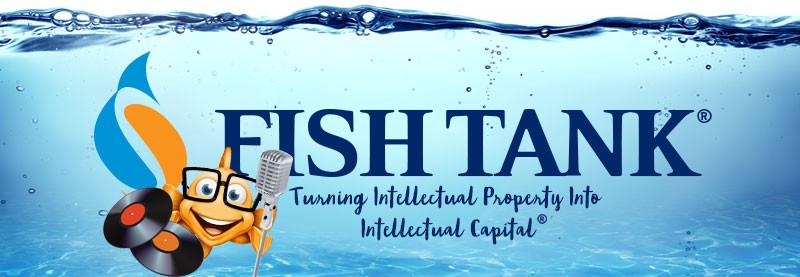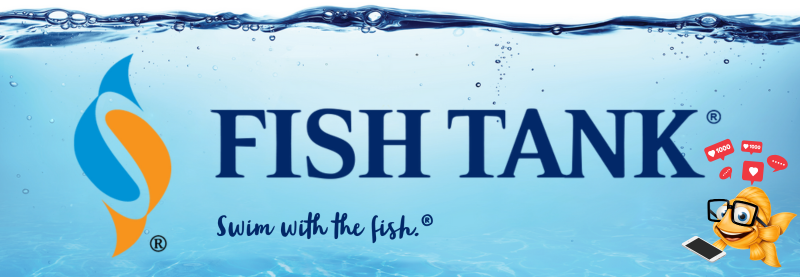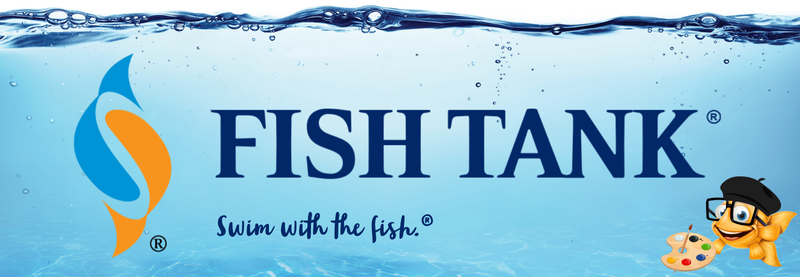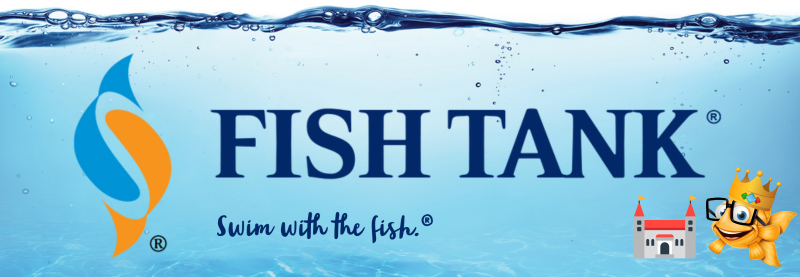Intellectual Property Insights from Fishman Stewart PLLC
Newsletter – Volume 23, Issue 27
Share on Social

Taylor Swift: David versus Goliath
Taylor Swift has had an incredible 2023. Her “Eras Tour” has been a massive success, becoming one of the most profitable tours for an artist of all time. The release of the concert film of the tour became the highest-grossing concert film of all time. Swift had 10 wins at the 2023 Billboard Music Awards including top artist and top selling song for “Anti-Hero.” Swift was also named a billionaire this year by “Forbes,” the magazine noting that her net worth primarily derives from her music rather than side hustles such as beauty brands or alcohol investments. Just this week, moreover, Swift made history as “Person of the Year” according to “Time” magazine.
An additional achievement for Swift this year, however, harkens back to our “FishBits” discussing how Taylor Swift has been taking back her copyright by re-recording her earlier albums to undermine the value of her original master recordings, which had been sold to her arch enemy, Scooter Braun. Swift re-released another two albums in 2023, “Speak Now” and “1989.” Dropped a little more than a month ago on October 27, 2023, “1989” already has more than 1.65 million sales!
In response to the tremendous success of the “Taylor’s Version” re-recordings, record companies are determined to keep artists from ever doing again what Taylor Swift has accomplished. As reported by “Billboard,” major labels such as Universal Music Group, Sony Music Entertainment and Warner Music Group have recently overhauled contracts for new signees, some demanding artists wait an unprecedented 10, 15 or even 30 years to re-record releases after departing their record companies. Nor are the labels generally willing to negotiate the new terms.
The response from independent artists may make things worse for the record companies. They are actively redefining the music industry by harnessing online marketplaces or their fan bases directly to engage financial support in an approach that mirrors venture capital investments, effectively circumventing the requirement for a record deal where the label owns everything. I am an “investor” in one such enterprise, a bluegrass band called “The Petersens.” I have happily attended concerts and purchased albums dropped by the family. I even received a holiday card with a sticker in the mail thanking me for my support!
Many Taylor Swift songs can be interpreted through the lens of the biblical David versus Goliath story. The theme of underdogs versus giants is explored in such songs as “Bad Blood,” “Mean,” “Long Live,” and “The Story of Us.” Triumph through vulnerability is expressed in “Sparks Fly,” “Blank Space,” “Delicate,” “Never Grow Up,” and “Wildest Dreams.” The reclaiming of power is the subject of such Taylor Swift songs as “End Game,” “I Did Something Bad,” “The Archer,” “Look What You Made Me Do,” and “Shake It Off.”
At only 33 years of age, Swift has slain her Goliath and is appropriately recognized as a juggernaut in the music industry. She is well deserving of the successes she has achieved. Yet, Swift’s influence goes far beyond her music, and she has been a catalyst in reworking the fabric of an entire industry including the rise of indie groups not beholden to record companies. What will be next?
Michael Stewart is a founding member of Fishman Stewart. He has worked in a wide range of technical areas including information technology, e-commerce, telecommunications, and mechanical, aerospace, computer, and nuclear engineering. His practice includes domestic and foreign patent prosecution, e-commerce and information technology, patent opinions, intellectual property litigation, domestic and foreign trademark prosecution, trademark opinions, copyrights, trade secrets, rights of publicity, intellectual property evaluations/due diligence and drafting and negotiating technology and intellectual property agreements. Check out his full bio here.
Related Content from Fishman Stewart
In our previous FishTank article “The Great Beige-Off: Influencer Sues for ‘Vibe’ Infringement,” we reported on Sydney Nicole Gifford’s lawsuit against fellow influencer Alyssa Sheil over allegations of copyright infringement involving neutral-toned social media content.
People have long pondered whether or not the Giza pyramids were indeed solely burial chambers, which was the only known, and archaeologically determined, use—until now.
As the story goes, Klein was so taken with the indescribable blue of the sky over the Mediterranean in Nice, France, that he dedicated his artistic talent developing a blue that would imbue the canvas with this color in its purest form.
Despite her pseudo-legal background in Suits, Meghan has been running into one issue after another in her efforts to register the trademark and logo for her new lifestyle company, for now, called “AS EVER”.
By 1930, efforts began in New York to replace Mother's Day with Parent's Day because men were more than just breadwinners. Those efforts didn't catch on, probably because in that era, women often spent more time in the home.
In February, Nike and Skims announced that they will be working together on a new brand, NikeSkims. The co-brand will create a new line of training apparel, footwear, and accessories specifically designed to meet the unique needs of women athletes.
Generally, federal courts have exclusive jurisdiction over copyright cases, and often, this presents an insurmountable paywall for individual artists and small businesses to vindicate their rights, especially where the value of the individual copyrighted works are relatively low.
Dedicated to raising public awareness about the importance of encouraging innovation and creativity throughout the world, the World Intellectual Property Organization (WIPO) annually observes World Intellectual Property Day on April 26 to showcase the role that patents, trademarks, industrial designs, copyrights and trade secrets play in our everyday lives.
Hold onto your foam fingers, sports fans – college sports just got a whole lot more interesting! The latest updates to Name, Image, and Likeness (NIL) rules are making student-athletes bigger than ever, and it’s not just about the game anymore.
Did a federal court in Louisiana recently decide that US copyrights are global rights? It seems so.
IDENTIFYING, SECURING AND ADVANCING CREATIVITY®

















